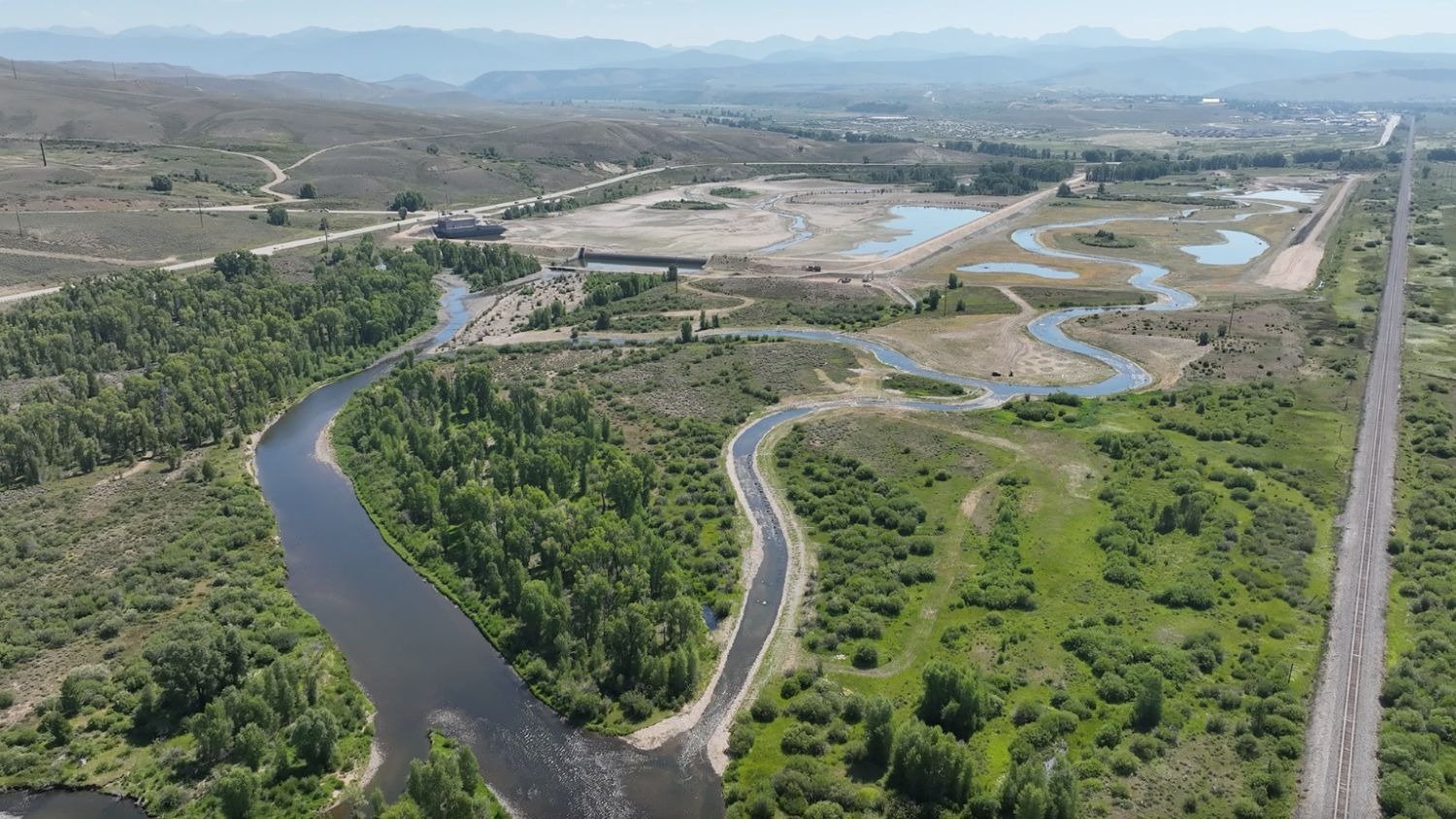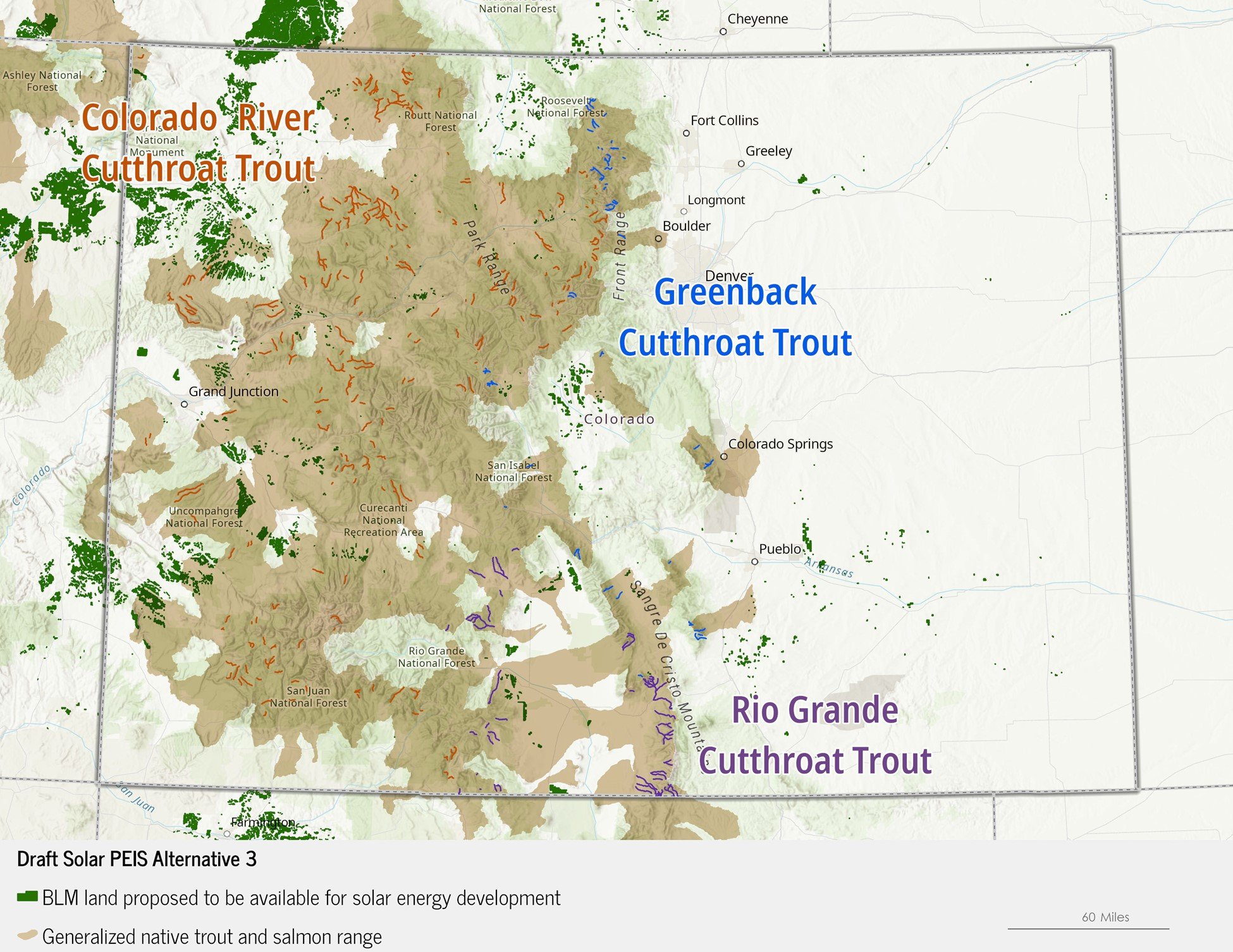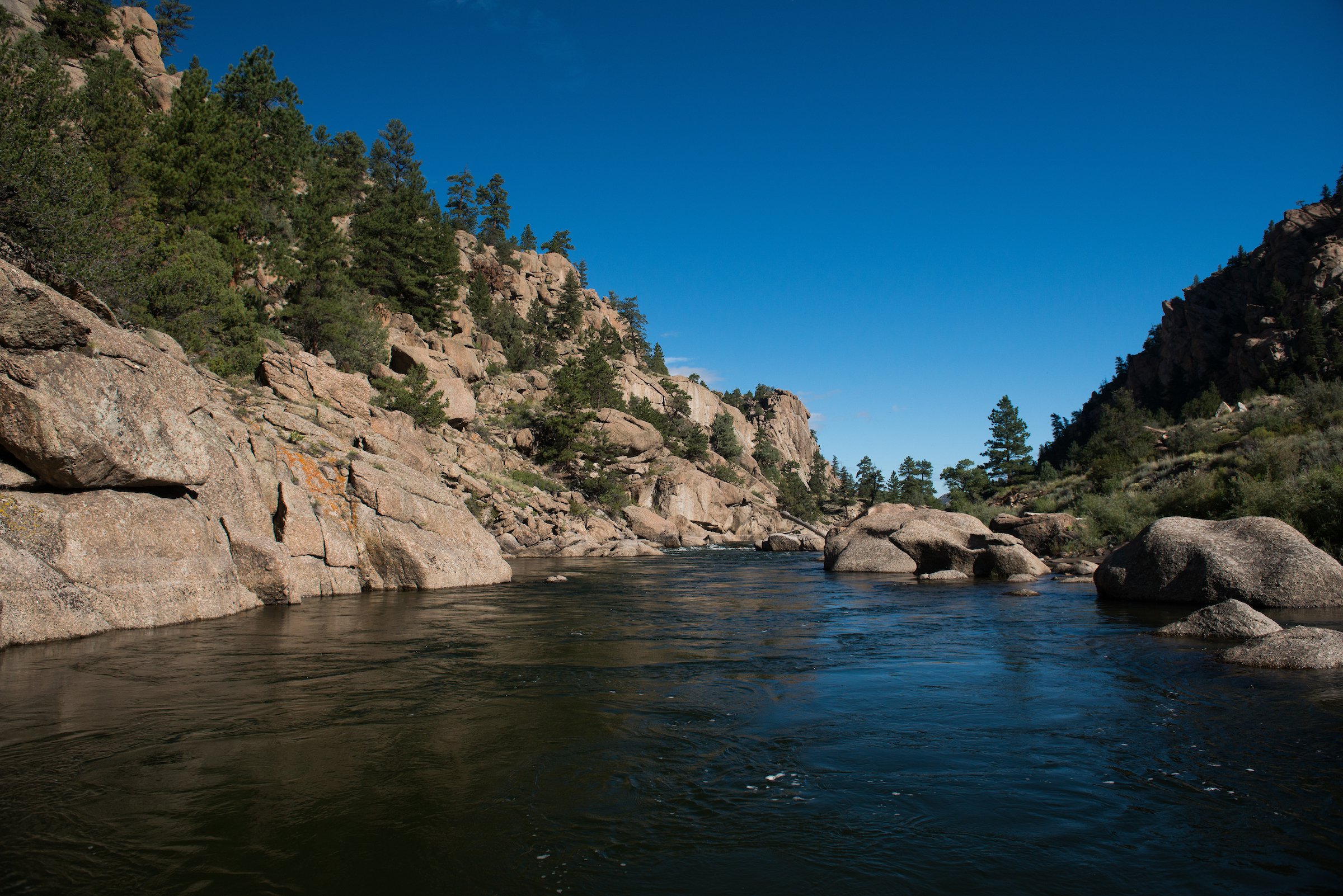"Protect Colorado Waters" coalition praises House passage of House Bill 1379
Groups urge Senate to pass House Bill 1379, reject the weaker and more expensive Senate Bill 127
The Colorado House of Representatives today passed House Bill 1379, Regulate Dredge & Fill Activities in State Waters, to protect Colorado’s vulnerable wetlands and seasonal streams. The legislation now moves to the state Senate for consideration.
House Bill 1379 establishes protections for wetlands and streams that were previously in place under the federal Clean Water Act, but were eliminated by the Supreme Court last year. Without these protections, Colorado’s waters are currently at risk from pollution and degradation from industry and developers.
“We are supremely grateful to Speaker McCluskie, Representative McCormick and their House colleagues who passed House Bill 1379 today to restore protections for Colorado wetlands and seasonal streams,” said Josh Kuhn, Senior Water Campaign Manager, Conservation Colorado. “We worked with other stakeholders to pass more than 25 amendments to this bill. Now, we urge the state Senate to pass House Bill 1379 and reject the weaker and less protective Senate Bill 127.”
“We applaud the House members who voted in support of House Bill 1379, which creates a new program to protect vulnerable state waters from mining, development and other polluting industries. Protecting wetlands and small streams is vital to safeguarding the headwaters of Colorado’s nine major river basins, which are sources of drinking water for millions of people,” said Jennifer Peters, Water Policy Advisor, Clean Water Action.
“House Bill 1379 enjoys support from a broad range of environmental conservation organizations representing more than 275,000 residents, local elected leaders and Governor Polis. We urge the Senate to quickly pass this bill to show Coloradans they understand how important protecting wetlands is to our health, safety, wildlife and way of life,” said Suzanne O’Neill, Executive Director, Colorado Wildlife Federation.
“Colorado’s hunting and fishing community thanks Speaker McCluskie, Representative McCormick and all the House members who voted in support of House Bill 1379 which provides important safeguards for Colorado’s sporting heritage and economy, and fish and wildlife habitat,” said Alex Funk, Director of Water Resources, Theodore Roosevelt Conservation Partnership.
The coalition also voiced its strong opposition to Senate Bill 127, which is backed by the mining industry and other big polluters. Unlike the well-defined safeguards included in House Bill 1379, Senate Bill 127 lacks the parameters needed to protect Colorado’s waterways and wetlands. Instead, Senate Bill 127 creates loopholes and exceptions that could be exploited by industry, opening the door to pollution, threatening Colorado’s drinking water and increasing the likelihood of flooding as more wetlands would be destroyed.
“Water is our state’s most valuable natural resource. House Bill 1379 provides real safeguards to ensure those waters can safely benefit our economy for generations to come. As where Senate Bill 127 leaves much of Colorado's waters unprotected allowing industrial entities to destroy critically important wetlands and streams without an environmental review,” said Margaret Kran-Annexstein, Director, Colorado Sierra Club. “I think we all agree, and public polling demonstrates that Coloradans want real protections for their water, not a law that is riddled with loopholes that benefit industry.”
“Protecting water quality for our communities, fisheries and outdoor economy must start at the source: the wetlands and seasonal streams that shape the health of everything downstream. We are grateful to Speaker McCluskie, Rep. McCormick and all those who supported House Bill 1379 to ensure protection for our Colorado headwaters,” said David Nickum, Executive Director, Colorado Trout Unlimited.
“House Bill 1379 would restore critical protections to the state’s wetlands and streams. It ensures that Colorado has the ability to protect its water supply and wildlife habitat while also building resilience to climate change. We thank legislators in the House for passing House Bill 1379 and ask the Senate to do the same,” said Joro Walker, Senior Attorney, Western Resource Advocates.
The Protect Colorado Waters coalition urges the Senate to quickly pass House Bill 1379, and to vote against Senate Bill 127.
About the Protect Colorado Waters coalition:
The Protect Colorado Waters Coalition consists of 17 environmental conservation organizations, representing more than 275,000 Coloradans, who have come together to pass legislation in Colorado in response to the U.S. Supreme Court’s Sackett decision. The coalition’s goal is to restore the level of protections that existed prior to this decision, ensuring creation of a permitting program allowing for responsible development activities to occur without irreparable harm to Colorado’s wetlands and streams.
Members of the coalition include:
Alamosa Riverkeeper
Animas Riverkeeper
Audubon Rockies
Clean Water Action
Conservation Colorado
Colorado Sierra Club
Colorado Trout Unlimited
Colorado Riverkeeper
Earthjustice
Green Latinos
Hispanics Enjoying Camping, Hunting, and the Outdoors (HECHO)
Natural Resources Defense Council
San Juan Citizens Alliance
Theodore Roosevelt Conservation Partnership
The Nature Conservancy
Upper Green River Network
Western Resource Advocates












